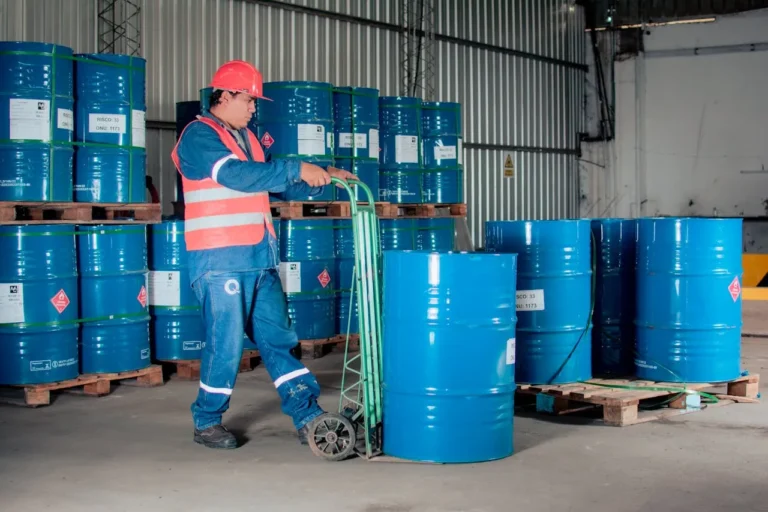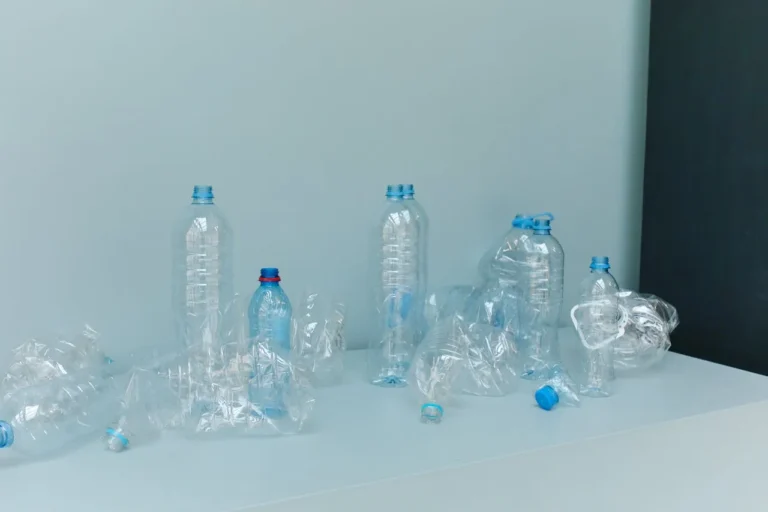
Svante and Södra Partner to Launch EU Carbon Capture Pilot, Advancing Biogenic CO₂ Utilization
Svante Technologies Inc. (“Svante”), a global leader in solid sorbent-based carbon capture and removal solutions, has announced a landmark collaboration with Södra, Sweden’s largest forest-owner association, to pilot Svante’s next-generation carbon capture technology at the Värö industrial site in Sweden. The pilot installation is scheduled to begin operations in early 2026 and marks Svante’s first commercial deployment in the European Union’s forestry and pulp sector.
The initiative represents a major milestone in the effort to scale biogenic carbon capture — the process of capturing carbon dioxide (CO₂) generated from renewable, biological sources — within the pulp and paper industry, one of Sweden’s cornerstone sectors. By testing and validating Svante’s proprietary solid sorbent filters in real industrial conditions, the project aims to demonstrate an efficient, sustainable, and circular approach to managing biogenic CO₂ emissions.
Pioneering Biogenic Carbon Capture for the Forestry Sector
In traditional industrial operations, carbon capture has largely focused on fossil-based CO₂ emissions. However, in pulp and paper manufacturing, the majority of emissions come from biogenic CO₂, which originates from the processing of renewable biomass. This biogenic carbon is part of the natural carbon cycle and, when effectively captured and reused, can become a valuable feedstock for sustainable industrial processes.
Södra’s pulp production facilities, such as the Värö mill, generate large volumes of biogenic CO₂ as part of the kraft pulping process. Instead of releasing these emissions into the atmosphere, the new pilot project will explore how Svante’s technology can capture and refine the CO₂ for reuse in applications ranging from chemical manufacturing and e-fuels to food and water treatment. This represents a major step toward building circular carbon value chains that add economic and environmental value to Sweden’s forestry resources.
Carbon capture is no longer just about reducing emissions — it’s about driving resource efficiency and enabling climate-positive innovation,” said Mark Claessen, President of Svante’s Business Unit, Svante Solutions & Digital Services. “Through our collaboration with Södra, we aim to demonstrate that biogenic CO₂ can be a cornerstone of a sustainable industrial future. Together, we have the potential to capture and remove over one million tonnes of biogenic CO₂ annually, paving the way for decarbonization at scale.
Advancing the Circular Bioeconomy
Sweden has long been recognized as a global leader in sustainable forestry and circular bioeconomy development. This pilot reinforces that leadership by turning an industrial byproduct — CO₂ — into a renewable raw material with tangible value. By converting biogenic CO₂ into usable products and fuels, the project aligns with both Södra’s sustainability goals and Sweden’s national climate targets.
Södra envisions that by capturing and refining CO₂ directly at the source, it can unlock new revenue streams without increasing the harvesting of forest biomass. This approach strengthens the company’s value chain efficiency while supporting broader goals of carbon neutrality and economic resilience in the forestry sector.
By conducting trials with Svante’s technology in our own environment, we’re building expertise tailored to our operations,” said Jenny Gotthardsson, General Manager at Södra Cell Värö. “This initiative represents an important step in strengthening both our competitiveness and the profitability of forest estates. It allows us to explore how carbon capture can fit naturally within the sustainable forestry value chain.
Technology Deployment and Value Chain Integration
At the core of this project lies Svante’s solid sorbent-based carbon capture technology, a system engineered to efficiently separate CO₂ from industrial flue gas streams using advanced nano-material filters. These filters operate through an adsorption-desorption process, selectively capturing CO₂ molecules and releasing them under controlled conditions for collection and reuse.
The test facility at Södra’s Värö site will enable the full value-chain evaluation of biogenic CO₂ — from capture to compression, liquefaction, and potential downstream utilization or storage. The project will be carried out in collaboration with RISE (Research Institutes of Sweden), which will lead the liquefaction trials and technical assessments of CO₂ handling. This integrated approach is designed to assess the technical, economic, and environmental feasibility of scaling carbon capture and utilization (CCU) technologies within Sweden’s pulp industry.
This project is a perfect example of how Swedish innovation and international collaboration can drive industrial transformation,” noted [Insert RISE Representative, if applicable]. “By testing the complete carbon value chain, we are building the knowledge base required to accelerate commercial deployment of CCU and support Sweden’s path toward net-zero emissions.
EU Support and Global Climate Significance
The project is partially funded through Industriklivet, a Swedish national program that supports industrial decarbonization, and forms part of the European Union’s Recovery and Resilience Facility (RRF) under the Next Generation EU program. The pilot thus not only contributes to Sweden’s national climate strategy, but also aligns with the European Green Deal’s objectives of promoting low-carbon industrial innovation and circular resource use.
This EU-backed collaboration underscores the growing recognition that carbon capture, utilization, and storage (CCUS) technologies are essential for achieving Europe’s long-term climate neutrality goals. By demonstrating the feasibility of capturing biogenic CO₂ at scale, Svante and Södra’s partnership could serve as a blueprint for other sectors — including bioenergy, cement, and chemicals — that seek to decarbonize without compromising productivity or competitiveness.
A Global Step Forward for Clean Technology
For Svante, this project reinforces its commitment to commercializing Canadian-made cleantech solutions on a global stage. The company has previously partnered with leading industrial players across North America and Asia, and its entry into the EU forestry sector marks a significant expansion of its international footprint. By demonstrating that its solid sorbent technology can be applied across diverse industries, Svante aims to accelerate the adoption of carbon management solutions worldwide.
Our collaboration with Södra highlights how innovative carbon capture technologies can create real economic and environmental impact,” added Claessen. “We are proud to see Canadian innovation supporting Europe’s green transition and helping build the infrastructure needed for a low-carbon future.
Source Link : https://www.businesswire.com/







